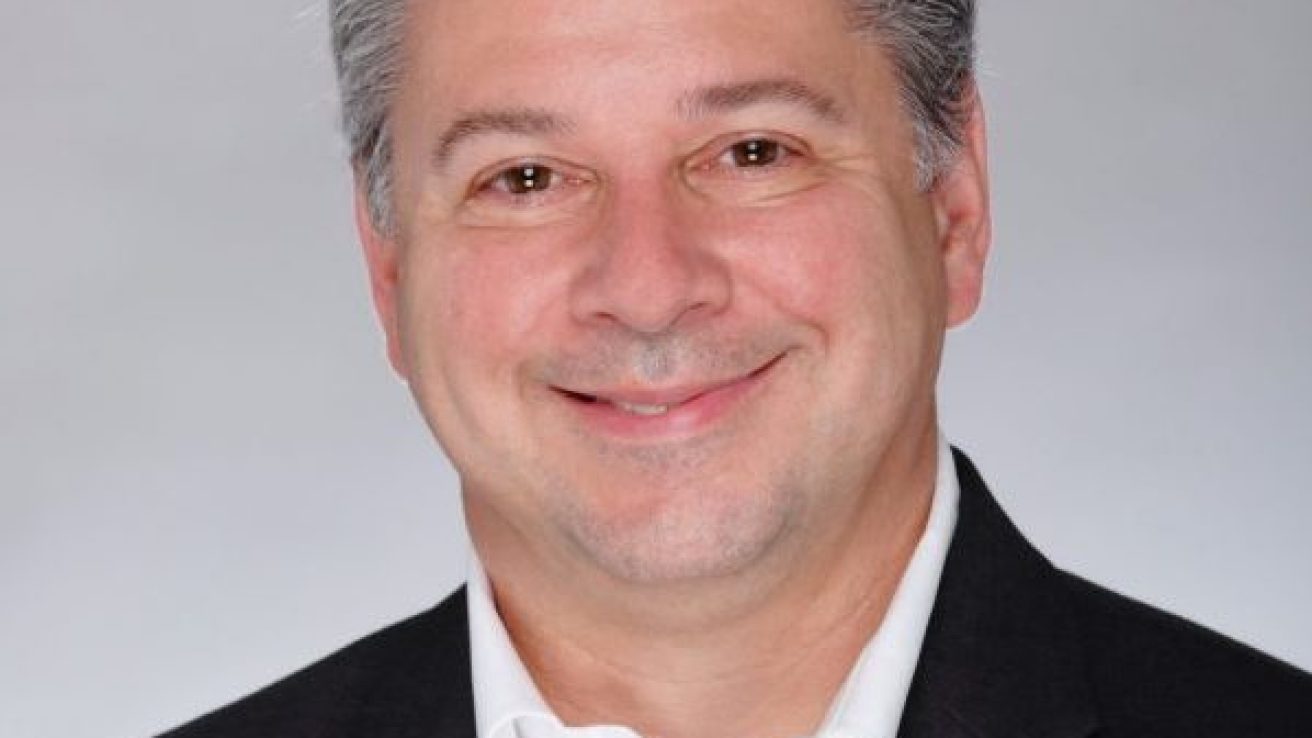In this MD Newsline exclusive interview with vitreoretinal specialist Dr. Alan Franklin, we discuss how to provide culturally sensitive care and overcome language barriers.
MD Newsline:
How have you been able to implement culturally sensitive care in your practice?
Dr. Alan Franklin:
“To me, it’s all about the golden rule. I try to treat everybody like I would want to be treated at a doctor’s visit. Different people have different motivations to come in to see the doctor—or not see the doctor. I try to patiently explain the benefits of the treatment, the risks of not getting the treatment, or not following the recommended treatment frequency, and then I try to be understanding and treat the whole person.
For example, an elderly patient might have to take care of a spouse with dementia, so they can’t make it to see us because taking care of their spouse takes priority. You’re not going to admonish that person. You just have to be understanding and say, ‘this is where we are, and this is what we can do.’ So that’s what our approach has been.”
MD Newsline:
How do you deal with language barriers so that they don’t impede your ability to deliver quality care?
Dr. Alan Franklin:
“I’m fortunate that I work with a big, multi-specialty medical group, and we have access to interpreters for multiple languages, including those who know sign language.”
Responses have been condensed and lightly edited.









